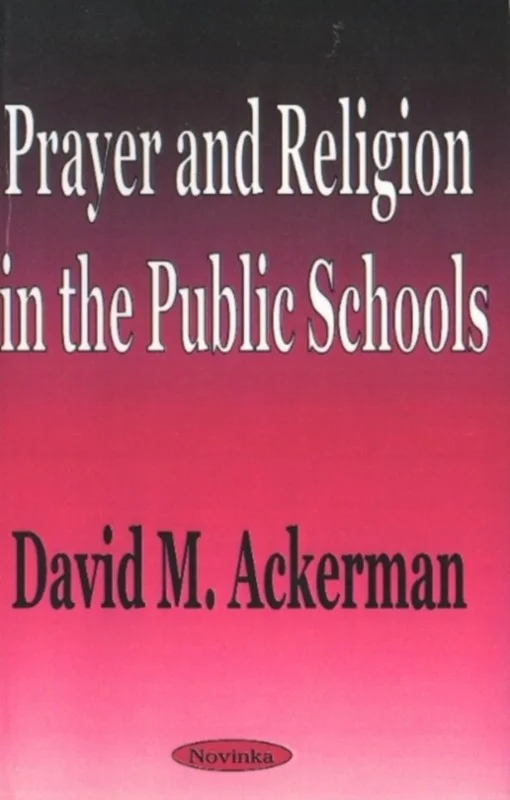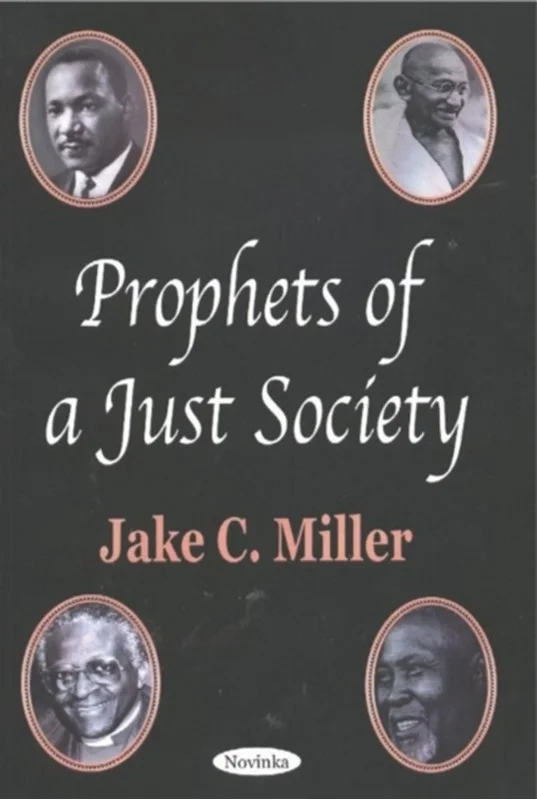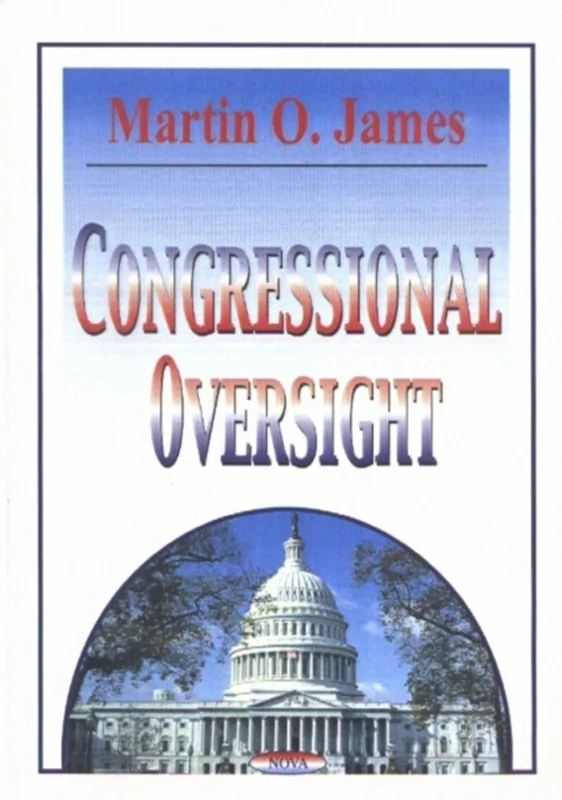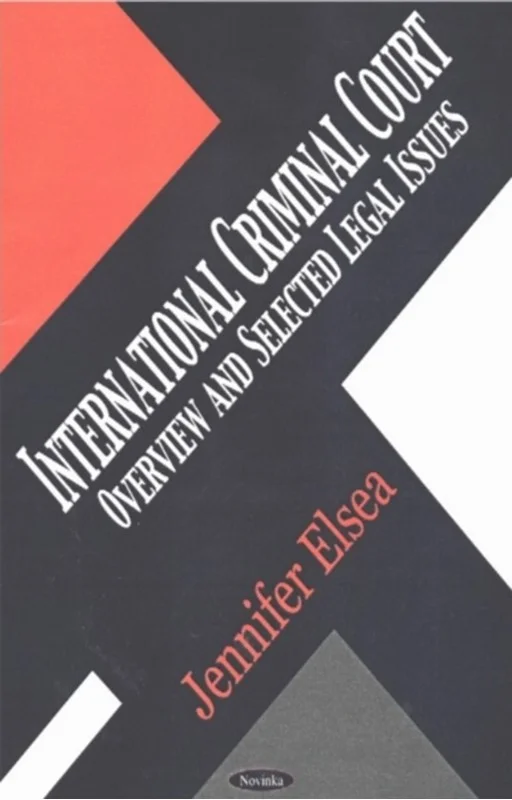Prophets of a Just Society - Jake C Miller - Bog - Nova Science Publishers Inc - Booktok.dk
Webster''s Dictionary has several definitions of ''prophet'', including ''one gifted with more than ordinary spiritual and moral insight'' and ''an effective or leading spokesman for a cause, doctrine or group''. This book examines four such men who sought to achieve a just society through non-violence -- Mohandas Gandhi, Martin Luther King Jr, Albert Luthuli, and Desmond Tutu. The word ''prophet'' has decided religious overtones, and each of the four leaders in this study mirror the struggles of the great Biblical figures like Isaiah, Jeremiah, Micah, and Amos. In the Bible, they denounced injustice and corruption, while the 20th century prophets combated racial discrimination. All the prophets experienced hardships and rejection, as well as interior struggles. This book assesses the prophets'' preparations for their tasks, their strategies, and their encounters with opponents of social change. Assuming that international opinion influenced domestic reaction to the social prophets, the book holds that success or failure of the different campaigns depends on the ability of the oppressed to touch the conscience of the international community.























